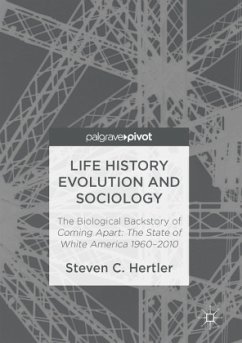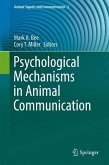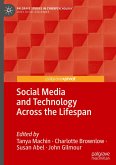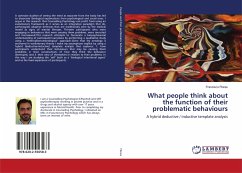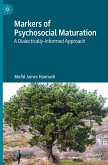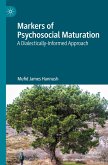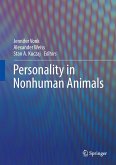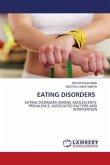This book supplies the evolutionary and genetic framework that Charles Murray, towards the end of Coming Apart: The State of White America 1960-2010 , predicts will one day explain revolutionary change in American society. Murray's Coming Apart documents 50 years of changed college admissions, government incentives, mating and migration patterns that have wrought national divisions across indexes of marriage, industriousness, honesty, and religiosity. The framework discussed is life history evolution, a sub-discipline within evolutionary biology singly capable of explaining why violent crime, property crime, low marriage rates, father absence, early birth, low educational achievement, low income, poverty, lack of religiosity and reduced achievement striving will reliably co-occur as part of a complex. This complex augments facultatively, developmentally and evolutionarily in response to unpredictable and uncontrollable sources of mortality. The uncertain tenure of life wrought byunpredictable and uncontrollable mortality selects for a present-oriented use of bioenergetics resources recognizable as the social ills of Fishtown, Murray's archetypal working class community. In turn, the thirty years of life history literature herein reviewed confirms the biological logic of elite intermarriage and sequestration. The source of life history variation, policy implications, and demography are discussed.
Bitte wählen Sie Ihr Anliegen aus.
Rechnungen
Retourenschein anfordern
Bestellstatus
Storno

